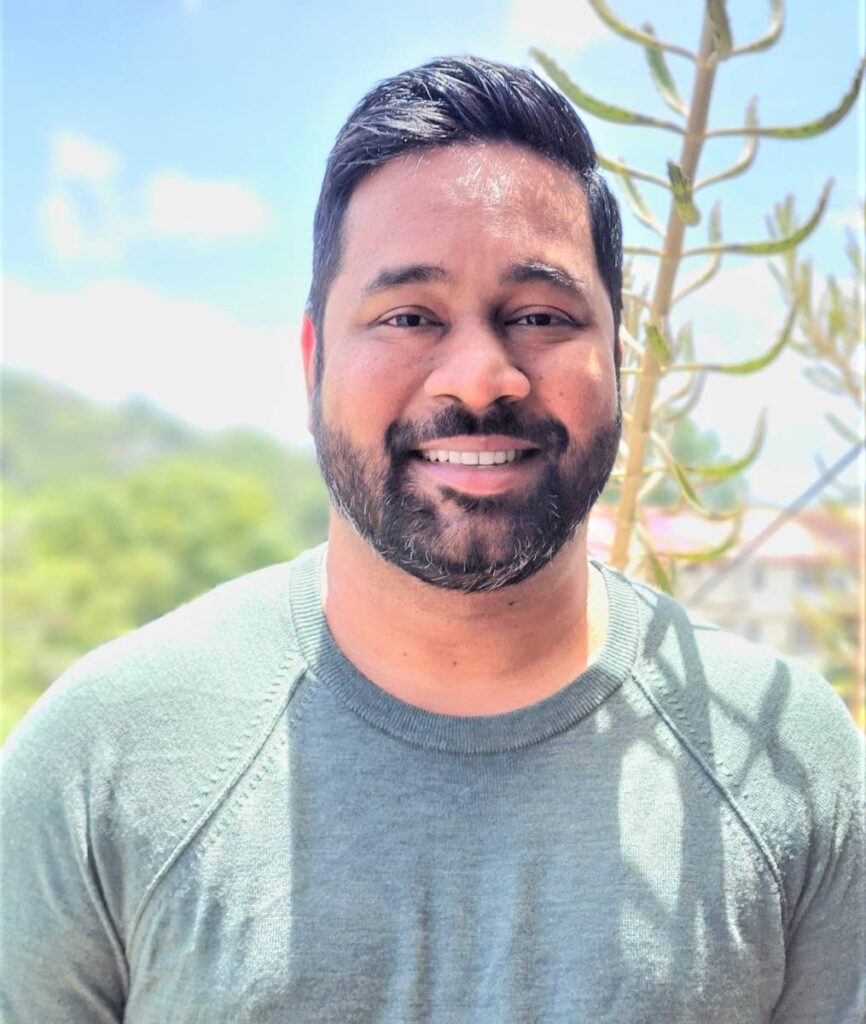Writing our own history

Omar Mohammed
I didn’t grow up thinking much about the Constitution. Most of us don’t. It’s not something you learn about in the same way you do about the first Trinbagonian to win an Olympic gold medal or the lyrics to the national anthem. You don’t sit in school assemblies debating the “savings clause” or whether the framers of the Independence Constitution ever imagined a TT where someone could be locked up for who they love.
But eventually, it finds you. Maybe not the document itself, but what it allows. What it prevents. What it refuses to let go of. And in that refusal, what it says – often with violent silence – about whose rights matter and whose do not.
The recent decision in Jason Jones vs the AG was one of those moments. The court ruled that, despite modern thinking and growing public support for human rights, parts of our Constitution still protect colonial laws. The judges admitted their limitations: they don’t make the laws, they interpret them. The real work, they said, is for Parliament.
That ruling wasn’t just about one man, or one community. It was a reminder that we are still living inside a system built for another era. An era that continues to echo loudly in who has access, who has a voice, who has value.
So here we are, in another election season, hearing promises about roads, crime, education, and jobs. All important, yes. But none of these things can fully flourish when the very framework that underpins them is stuck in the past.
To be fair, constitutional reform isn’t the kind of issue that wins votes. It’s technical. It’s slow. It doesn’t make for good soundbites. But it matters deeply.
Because if we’re being honest, our Constitution wasn’t written by us. It was inherited. Revised, yes, but never truly rewritten in our own image. It holds too many assumptions that no longer serve us. Assumptions about authority, identity, governance, and the limits of justice.
We don’t talk about it enough, but who gets to write the rules is one of the most political questions there is.
That’s why the growing call for a civil society-led reform process is not only timely, it’s necessary. In April last year, over 30 organisations across the country signed a letter calling for just that: a process that centres people, not power. Not just a review of clauses and sections, but a real conversation about the kind of nation we want to be, and how we structure ourselves to get there.
It’s not about replacing one elite group with another. It’s about creating space. Real, meaningful space for people to engage with the most important text in the country. And to ask hard questions: What does representation mean today? How do we ensure equality before the law isn’t just symbolic? What protections do we need that didn’t exist in 1962? And how do we guard against power when power forgets who it serves?
Civil society has always done the quiet work of democracy. It’s there when the state can’t be. It fills gaps, tells the stories that get ignored, brings communities together, and keeps pressure on systems that otherwise go unchecked. It doesn’t get the credit it deserves, but that’s never really been the point.
Still, if we’re going to get constitutional reform right, civil society has to be at the centre of it. Not because it has all the answers, but because it knows how to ask the right questions. And because it’s closest to the people who have the most to lose when systems fail.
We’ve seen what happens when reform is rushed or top-down: communities disengage, trust erodes, and the outcome lacks legitimacy. But when reform is shaped through real dialogue – over time, across divides, and with care – it builds something stronger than law. It builds ownership.
This isn’t about rewriting history. It’s about finally writing our own. And it starts with whoever forms the next government. The call is simple: commit to a process that reflects the people you’re asking to lead. Share power. Extend the timeline. Support civic education. Listen...not just to the loudest, but to the most excluded.
Because a constitution isn’t just about how we govern. It’s about how we live together. How we protect each other. How we imagine what’s possible.
There’s still time to get this right. But it means letting go of the idea that change can only come from the top. It means trusting the people you serve. And it means recognising that the rules we live by must be written not just for us, but with us.
Omar Mohammed is a director on the board of trustees at The Cropper Foundation and Caiso: Sex & Gender Justice

Comments
"Writing our own history"